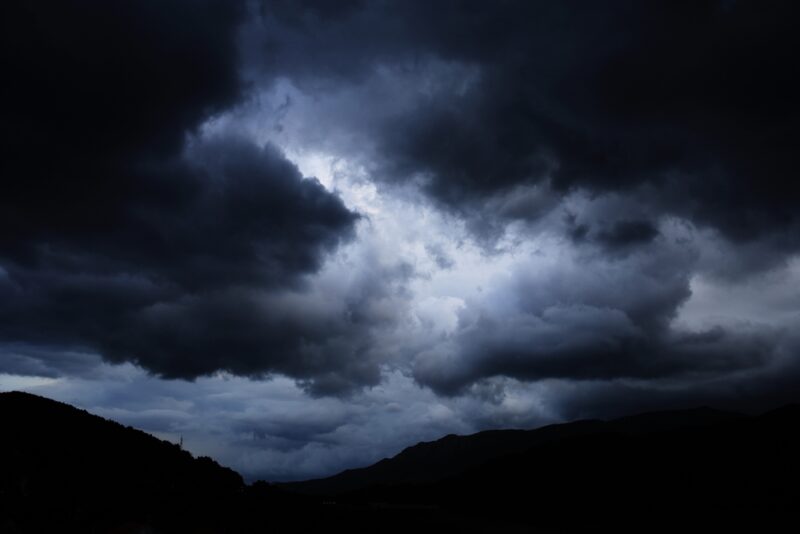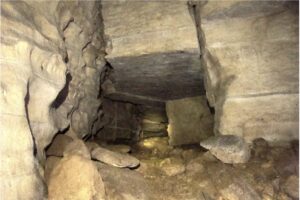Across the globe, people are reporting loud banging and booming noises coming from the sky. No one can figure out what is causing these “skyquakes.”
The Japanese know them as uminari, the Belgians as mistpoeffers. In India’s Bay of Bengal, they are called Barisal guns. People living near Seneca Lake in New York call them the Seneca guns.
The peculiar noises are not new; they were first reported in 1811 in Missouri during a 7.2 magnitude earthquake. Locals described “artillery-like sounds,” both before and during the earthquake.
The author James Fenimore Cooper detailed the Seneca Lake noises in his 1850 story, The Lake Gun.
“It is a sound resembling the explosion of a heavy piece of artillery, that can be accounted for by none of the known laws of nature,” he wrote. “The report is deep, hollow, distant, and imposing. The lake seems to be speaking to the surrounding hills, which send back the echoes of its voice in accurate reply.”
Causes remains elusive
For decades, scientists have been trying to figure out where the worldwide noises come from.
As many skyquakes seem to happen near large, deep lakes, one suggestion is that they come from gases released from lake sediments. However, some skyquakes happen away from bodies of water. Other suggestions include distant storms, earthquakes, or thunder cracking over the ocean. Another theory is that meteors known as bolides explode as they enter the atmosphere.
In recent years, a team from the University of North Carolina used a combination of news reports and seismic data to try and work out the cause of the booming noises in their state. They were looking for some crossover between seismo-acoustic data and new reports of the skyquakes. Unfortunately, not a single skyquake seemed to coincide with an earthquake.
No explanation seems to fit perfectly. It might be that different events causes the noises in different areas. After proving that earthquakes are not the cause of the noises in the U.S., the North Carolina team told Live Science that they believe the noises are an “atmospheric phenomenon” that propagates through the air rather than the ground.






